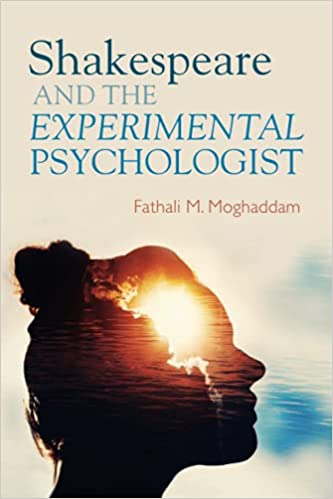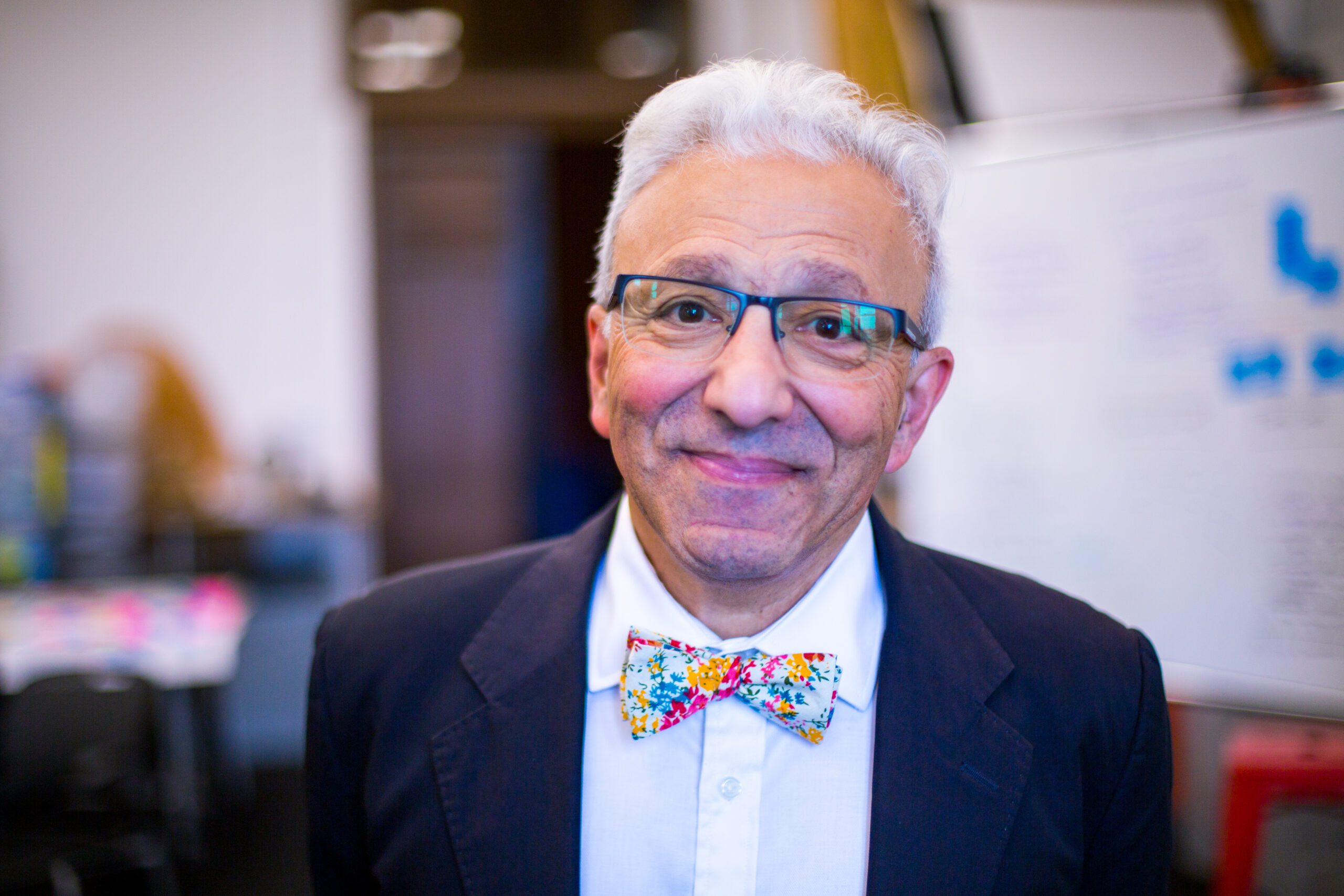Innovative Book by Psychology Professor Provides New Links Between Science and Literature
Fathali Moghaddam, Ph.D., Georgetown Department of Psychology professor and editor of the Cambridge University Press book series on ‘Progressive Psychology,’ recently published Shakespeare and the Experimental Psychologist through Cambridge University Press. The book combines scientific psychology with English literature to discuss thought experiments in selected Shakespeare plays and examine the central role of thought experiments in the natural sciences.
In an interview with Jack DeGioia, Moghaddam says that the book is his “best contribution to psychology so far” and it is “truly a Georgetown book.”
“For mainstream psychologists, a book that focuses on Shakespeare might seem like heresy because for years we have been advocating that psychology is a science just like chemistry, biology, and physics and as such have tried to move ourselves as far as possible from literature,” he explains. “But at Georgetown, I have had the freedom to teach in areas that other universities don’t even allow and I have great collaborators in the English, Government and other departments where we can cross bridges and really think out of the box.”
Culture, Conflict and Collaboration

Moghaddam’s research focuses on the psychological processes that underlie the relationship between individuals and society, particularly in the domain of conflict and political systems. Originally from Iran, Moghaddam experimentally studied intergroup relationships in politics while at school in England and returned to Iran with the revolution that overthrew Mohammad Reza Shah in 1979.
“That was a very exciting time because I was a young man just out of a psychology laboratory studying conflict and minority rights issues and here I was with the real revolution and possibility that we could be moving towards democracy,” Moghaddam says. “But within a year we were back to a dark dictatorship and that experience really changed my life. I realized that {working just in a lab} was not enough, I needed to look to the real world and the big problems and one of those struggles we are having {globally} is the move towards a better democracy.”
The professor has spent his life examining intergroup conflict in relation to the psychology of democracy and dictatorship. In 2019, he published A Threat to Democracy: the Appeal of Authoritarianism in an Age of Uncertainty that explores the psychological foundations of the populist support for authoritarian strongmen in both Non-Western and Western countries.
Moghaddam also contributed to the six-part Netflix series How to Become a Tyrant that was released in July of this year. The series focuses on a different tyrant in each episode and is a continuous story about how tyrants gain, hold and consolidate their power.
In Shakespeare and the Experimental Psychologist, Moghaddam seeks to gain a deeper understanding of human behavior and ultimately the answers to conflicts by exploring the link between English Literature and science.

The book, which came out of two of Moghaddam’s Georgetown courses, Psychology and Literature and Psychology and Shakespeare, argues that the roots of experimental psychology are to be found in early modern literature through the thought experiments in Shakespeare’s plays.
The professor says that Shakespeare was at the forefront of the scientific revolution and that the link between English literature and science are these thought experiments. He argues that the role of thought experiments in scientific research is misunderstood.
“Albert Einstein’s entire work was thought experiments as were Shakespeare’s greatest plays,” explains Moghaddam. “That’s the link I am making — that English literature, psychology and science are all connected through the shared idea of thought experiments. By focusing on thought experiments and experimental psychology’s place within early modern English literature, the volume establishes a more holistic approach to understanding human behavior.”
Creating Collaboration in Cognitive Science
Outside of his research, Moghaddam is a faculty member in and for six years directed the conflict resolution program, and also served as the director of the undergraduate interdisciplinary program in cognitive science.
Each year, the program brings in faculty from the law center, medical center and main campus to address the same questions about the foundations of human behavior.
“These are experts in legal studies, in neuroscience in philosophy, biology and linguistics and they all address the same question of what is the mind, and what is the relationship between the mind and the brain and of course I want to know the answer,” says Moghaddam. “It is important to step outside of the specializations and disciplinary boundaries to answer these questions.”
-by Shelby Roller (G’19)
